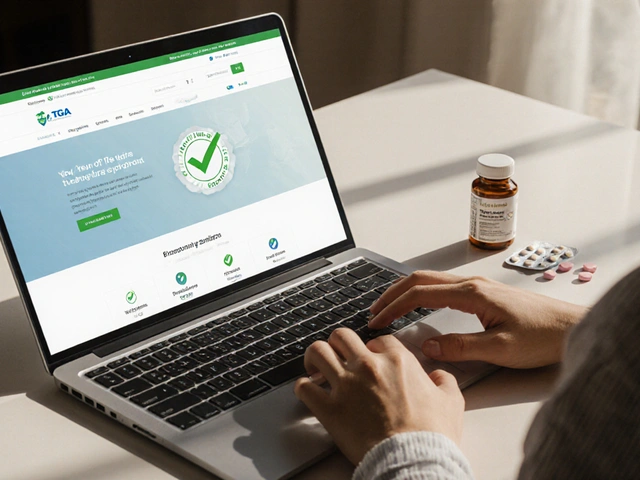Natural remedies that actually help (and how to use them safely)
Some plant remedies have real evidence behind them — Iceland moss can soothe coughs, and sage shows promise for memory support. That doesn’t mean every “natural” product is harmless. The gap between a helpful tea and a risky supplement is often quality, dose, and interactions with other drugs.
Think of natural remedies as tools, not miracles. Use them to ease mild symptoms, support recovery, or reduce side effects, but treat prescriptions and serious conditions differently. A good rule: if a remedy sounds too good to be true, give it extra scrutiny.
How to pick safe supplements
Start with three checks: ingredient list, source, and lab testing. Look for clear labeling (Latin plant name, standardization like “10% polysaccharides”), a reputable brand, and third-party testing seals (USP, NSF, or independent labs). Avoid vague claims and products that hide dosages behind proprietary blends.
Read the label for common contaminants (heavy metals, fillers) and check expiration dates. If a product is much cheaper than competitors, ask why. Cheap can mean low potency or poor quality control.
Interactions matter. Herbs can change how prescription drugs work. For example, some supplements affect liver enzymes and alter drug levels. If you’re on blood pressure meds, blood thinners, diabetes treatments, or hormone drugs, check with a clinician before trying anything new.
Quick remedies and practical steps
Here are simple, safe options people use and how to try them responsibly:
- Iceland moss (for cough/throat): Brew as a tea or use an extract. Start with a low dose and watch for allergies. Choose products that state polysaccharide content or come from trusted herbal suppliers.
- Sage (for memory and mild cognitive support): Often taken as a capsule or tea. Don’t combine concentrated sage extracts with sedatives or seizure-prone conditions. Stick to recommended doses on the label.
- Hydration and electrolytes: A basic remedy for many complaints—nausea, hangover, side effects from diuretics. Sip electrolyte drinks or water with a pinch of salt and a squeeze of citrus if you’re dehydrated. If you’re on meds that affect potassium or sodium, confirm amounts with your prescriber.
- Simple home care: Honey for a sore throat (over age 1), ginger for mild nausea, and warm compresses for minor muscle pain. These are low-risk when used sensibly, but don’t replace medical care for high fever, severe pain, or breathing problems.
Stop and seek help if you get a rash, breathing trouble, swelling, severe stomach upset, or any new, worrying symptoms after starting a remedy. Keep a short diary of what you take and any effects — that makes it easier for a clinician to help.
Want deeper reads? Our site has focused articles on Iceland moss, sage supplements, pet hiccups, and safety tips when mixing herbs with prescription meds. Use natural remedies smartly: respect the dose, check the source, and ask for professional advice when in doubt.
Navigating the realm of digestive health in 2025 offers various alternatives to Motilium, ranging from natural plant extracts to newer pharmaceuticals. This article delves into these options, highlighting their unique benefits and drawbacks. Understand which alternatives might best suit your needs, whether you're seeking immediate relief, natural solutions, or a combination of both. With a comprehensive overview, readers can make informed choices about digestive health products.
View DetailsThe Mercury Herb dietary supplement has captured attention as a natural remedy with various potential benefits. This guide explores its origin, health advantages, and practical uses. Discover how Mercury Herb can be incorporated into your wellness routine. Learn about its historical significance and what science currently says. Plus, find helpful tips on selecting the right product for you.
View Details


